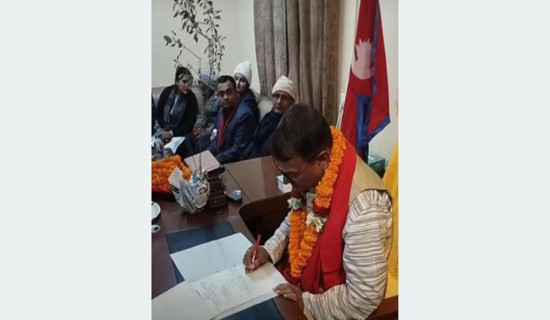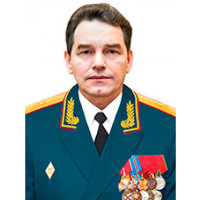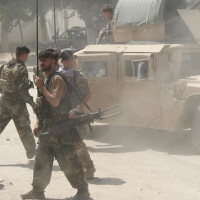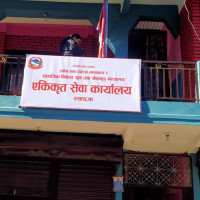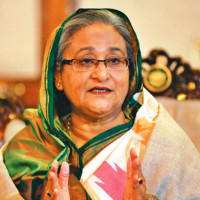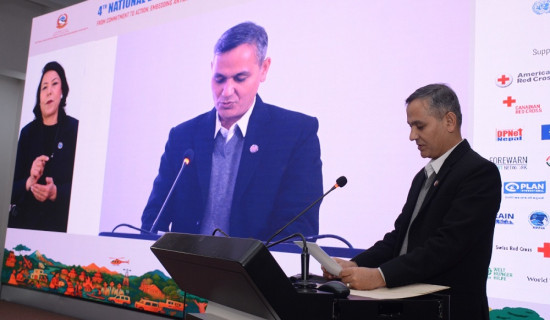- Monday, 22 December 2025
Niger's junta isn't backing down, and a regional force prepares to intervene
Abuja, Nigeria, Aug. 6: Regional mediation efforts to reverse the coup in Niger and restore its democracy collapsed as soon as they started. Tensions have escalated as the Sunday deadline nears for possible military intervention by other West African countries.
As its meeting ended Friday in neighbouring Nigeria's capital, Abuja, the region's defence chiefs finalized a plan to use force against the Niger junta needing approval by their political leaders if Mohamed Bazoum is not reinstated as Niger’s president. An Economic Community of West African States delegation to Niger, led by Nigeria's former head of state Gen. Abdulsalami Abubakar, had tried unsuccessfully to meet with the coup leader, Gen. Abdourahmane Tchiani, who later declared that any aggression against Niger "will see an immediate response and without warning.”
What started as an overthrow of the president by his closest commanders in the Presidential Guard has received the support of some other soldiers, including the Nigerien army command.
Here's what to expect:
This would be the first time in years that the regional bloc known as ECOWAS would try to forcefully put down a coup in West Africa, which has seen several successful coups since 2020.
“The events of the last two days make it more likely that this (military) intervention may actually happen,” said Nathaniel Powell, Africa analyst at the Oxford Analytica geopolitical intelligence firm. “And if they offer resistance to an ECOWAS intervention, this can turn out to be really catastrophic.”
ECOWAS would be doing so as a split family, with three other regimes Mali and Burkina Faso, which border Niger, and Guinea choosing to side with the junta.
Niger's other neighbours include Chad, whose leader has tried to mediate between the coup plotters and ECOWAS, and Algeria and Libya, which are not members of the bloc. This leaves any military intervention through land largely restricted to Nigeria’s 1,600-km (1,000-mile) border with Niger.
It's not yet clear what the strategy of military intervention in land-locked Niger would look like, but the country enjoys some territorial advantage. With Bazoum being held in the capital, Niamey, the focus will start there.
With a population of 25 million, Niger is West Africa’s second-largest country in terms of landmass, spanning over 1.26 million square kilometres (486,000 square miles) a hundred times more than that of Gambia, where ECOWAS last intervened militarily in 2017.
On the frontline of efforts to reverse the coup in Niger is its longtime ally Nigeria, which currently holds the chairmanship of ECOWAS.
Nigeria has West Africa’s largest military strength of 223,000 personnel 22 times that of Niger’s 10,000, according to World Bank Open Data, and four times that of Burkina Faso, Mali, Guinea and Niger combined.
In Niger, some believe the military intervention might involve airstrikes. But with Bazoum still in detention, he could be both a bargaining tool and a shield for the junta.
An intervention force coming overland from Nigeria would have to cross a swath of mostly unoccupied land that hosts more than 200,000 refugees who have fled violence in northern Nigeria, further complicating any military deployment.
Niger's international airport in Niamey is just 12 kilometres (7 miles) from the presidential palace where Bazoum is being held, which could make it more difficult to be overtaken. The country has two other international airports, including one in Agadez, where the U.S. military operates a drone base. (AP)



